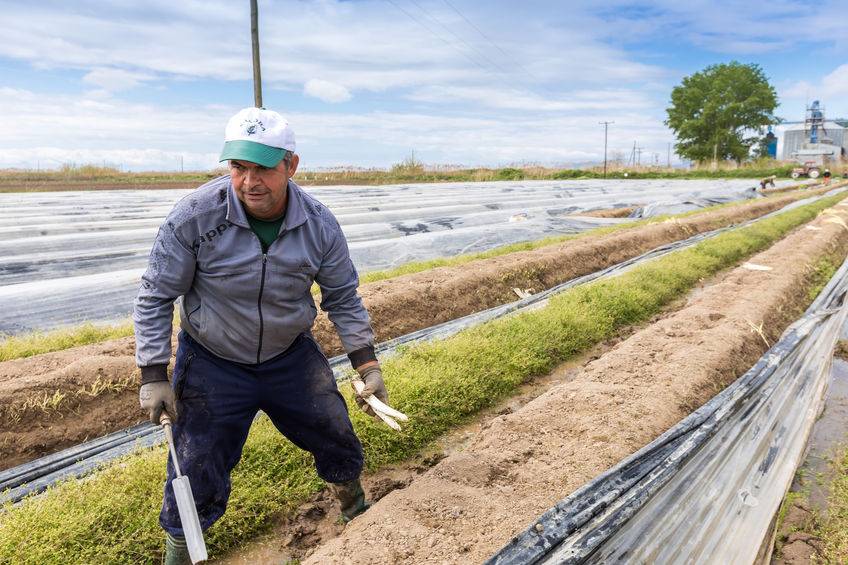
MPs have decided to re-open an inquiry to investigate whether the labour situation faced by those working in agriculture has improved or deteriorated.
The Environment, Food and Rural Affairs Committee (EFRA) will look at the situation over the past year in the agricultural, horticultural and food industry.
It wants to inquire into whether the Government’s statements at the time have proven accurate.
In April 2017, the EFRA Committee produced a report titled 'Feeding the nation: labour constraint'.
This report followed a short inquiry into the availability of labour for work in the agriculture and horticulture sectors and investigated the degree to which there was a labour shortage in those sectors.
It looked at the main reasons for any such shortage and the effect the UK’s vote to leave the EU was having on recruitment of foreign workers.
The Committee will be holding evidence sessions between now and the Easter recess and is seeking written evidence to inform its inquiry.
The Committee said it would welcome written submissions from businesses and organisations in the agriculture, horticulture and food sectors with the following questions in mind.
EFRA's questions
• Has the labour supply available to your business/sector improved or deteriorated in the past 12 months? What effect has this had on the economic performance of your business/sector?
• What estimate have you made of the labour situation in your business/sector over the next 12 months and up to the UK’s planned date for leaving the UK?
• The Government in early 2017 told the then Committee that reports of foreign labour shortages were “anecdotal” and that there would not be a problem of foreign labour supply while the UK remained subject to free movement rules as a member of the European Union. Has this statement proven accurate, or have difficulties in recruiting foreign labour increased even though the UK remains a member of the EU?
• In early 2017, the Government’s long-term policy aim was to make the agricultural, horticultural and food sectors “less reliant on migrant labour and use more UK workers”. Has there been any sign of successful Government action towards that objective?
Written submissions will be welcomed up to a deadline of 26 February. You can submit evidence through the Labour constraints inquiry page.
